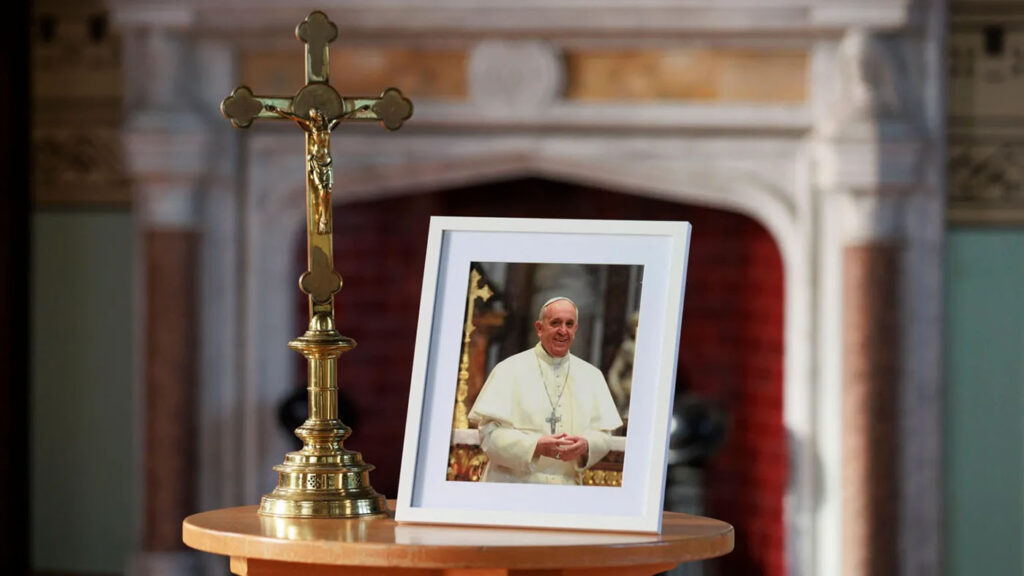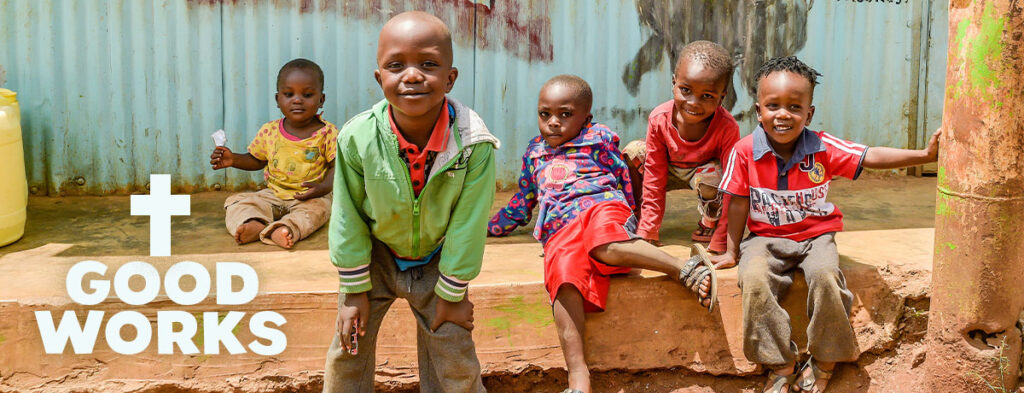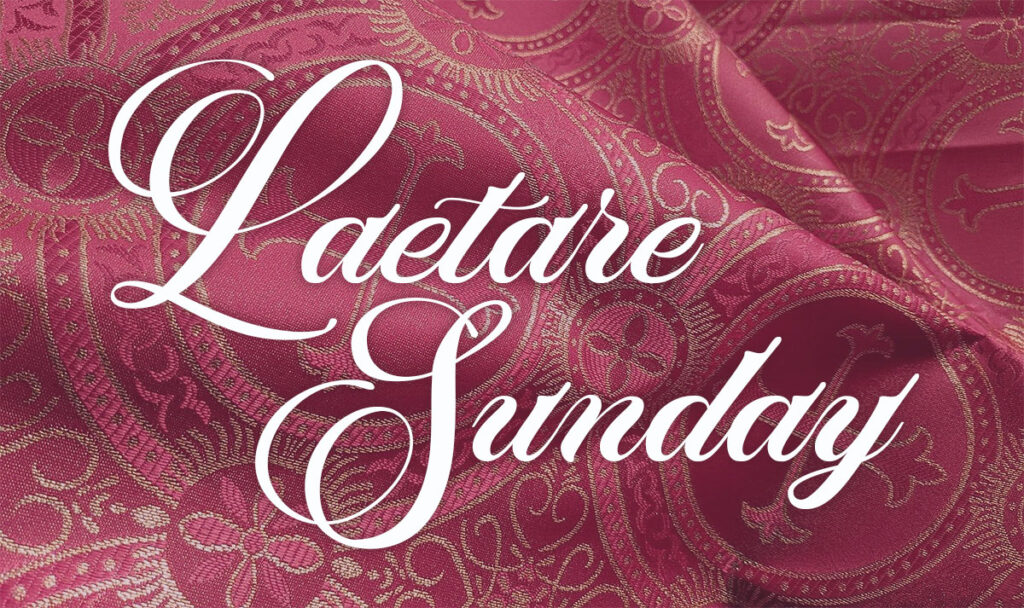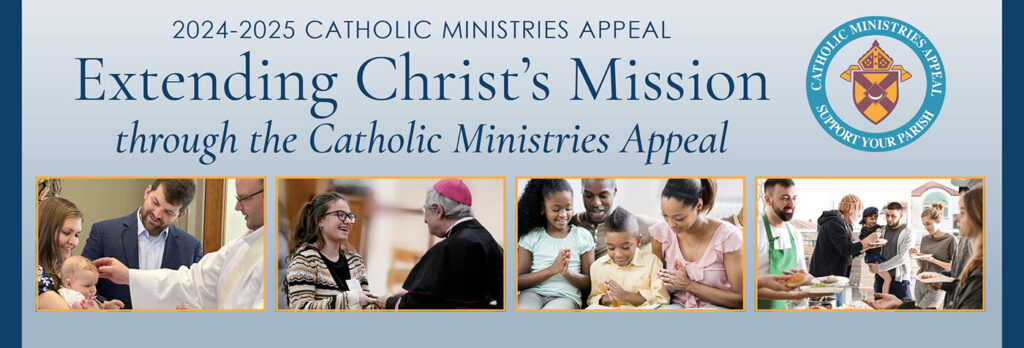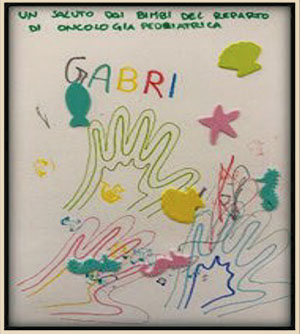
Habemus Papam? Not yet; however, very soon we will hear this expression when we see white smoke at the Vatican, and a Cardinal informs us who the new Pope is. Before the Cardinal says this, the Cardinals meet in a special meeting called Conclave to decide who should be the new Pope for the Roman Catholic Church. What is a conclave? The word “conclave” comes from the Latin “Com,” which means together, and “Clavis,” which means Key. In other words, a conclave is a meeting where all the cardinals are locked-in, praying and asking God to send the Holy Spirit to come upon them and through His help, they can choose the best man to take the Seat of Peter and guide our Church according to God’s will. This meeting is private, so no phones, social media, or any other way to communicate with the rest of the world is allowed in the conclave. We will not have the possibility to know what is going on inside the conclave, and the cardinals will not know either what is happening in the rest of the world. The only way that we know if the cardinals elected already a new Pope for the Church is to look for the color of the smoke that comes out from a chimney: black smoke means no new Pope, white smoke means we have a new Pope.
There are 252 cardinals in the world, but only 135 of them are eligible to participate in the conclave because they are under 80 years old. According to the norms of the Church, the conclave starts 15 days after the Chair of Peter is empty. The conclave will start this coming May 7th, the USCCB says, “In the past, 15 to 20 days after a papal vacancy, the cardinals gathered in St. Peter’s Basilica for a Mass invoking the guidance of the Holy Spirit in electing a new pope. Only cardinals under the age of 80 are eligible to vote in a conclave. They are known as the cardinal electors… The cardinals vote by secret ballot, processing one by one up to Michelangelo’s fresco of the Last Judgment, saying a prayer and dropping the twice-folded ballot in a large chalice. Four rounds of balloting are taken every day until a candidate receives two-thirds of the vote. The result of each ballot is counted aloud and recorded by three cardinals designated as recorders. If no one receives the necessary two-thirds of the vote, the ballots are burned in a stove near the chapel with a mixture of chemicals to produce black smoke.
When a cardinal receives the necessary two-thirds vote, the dean of the College of Cardinals asks him if he accepts his election. If he accepts, he chooses a papal name and is dressed in papal vestments before processing out to the balcony of St. Peter’s Basilica. The ballots of the final round are burned with chemicals producing white smoke to signal to the world the election of a new pope. The senior cardinal deacon, currently French Cardinal Dominique Mamberti, Prefect of the Supreme Tribunal of the Apostolic Signatura, announces from the balcony of St. Peter’s “Habemus Papam” (“We have a pope”) before the new pope processes out and imparts his blessing on the city of Rome and the entire world” (USCCB – How Is a New Pope Chosen).
Let us pray for the Church, especially for the cardinals, so guided by the Holy Spirit, they can elect the new Pope who will guide the Church according to Christ’s heart.
Let us pray,
O God, eternal shepherd, who govern your flock with unfailing care, grant in your boundless fatherly love a pastor for your Church who will please you by his holiness and to us show watchful care.
Through our Lord Jesus Christ, your Son, who lives and reigns with you in the unity of the Holy Spirit, God, for ever and ever. Amen. (USCCB – Prayer for the Election of a New Pope)
Remember, The parish that we dream is the parish that I help to build.
God bless you and may the Blessed Virgin Mary be with you always!
Father Jorge Ramirez

